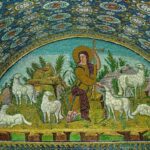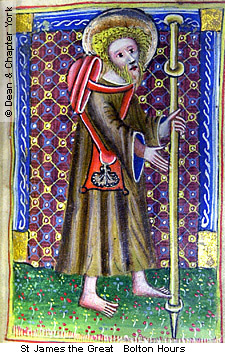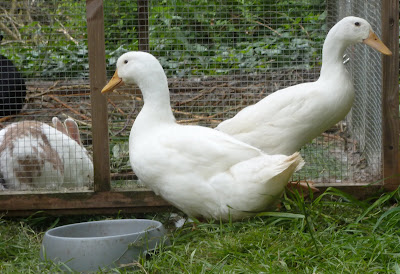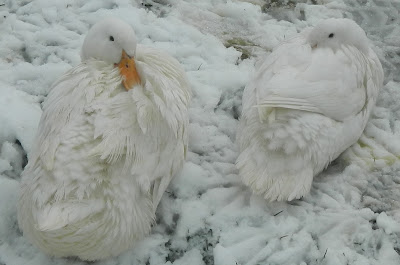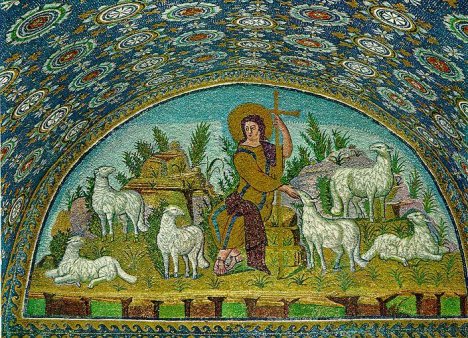
In her book The Soul of Money, global activist Lynne Twist refers to scarcity as “the great lie”.
Twist writes, “For me, and for many of us, our first waking thought of the day is, “I didn’t get enough sleep.” The next one is “I don’t have enough time.” Whether true or not, that thought of “not enough” occurs to us automatically before we even think to question or examine it. We spend most of the hours and the days of our lives hearing, explaining, complaining or worrying about what we don’t have enough of.
Before we even sit up in bed, before our feet touch the floor, we’re already inadequate, already behind, already losing, already lacking something. And by the time we go to bed at night, our minds are racing with a litany of what we didn’t get, or didn’t get done, that day. We go to sleep burdened by those thoughts and wake up to that reverie of lack.
This internal condition of scarcity, this mind-set of scarcity, lives at the very heart of our jealousies, our greed, our prejudice, and our arguments with life.”
* * *
And so we go through life, driven. Rushing like the Gadarene swine, driven by demons they could not see over a cliff to their destruction.
Driven by pride or greed or ambition or fear to the detriment of our health, mental health, emotional health, and relationships.
Driven for validation. To prove our intelligence, superiority, spirituality, talent, worth…
Forgetting that all drivenness comes from Satan, never from God. Christ leads; Satan drives.
Driveneness comes from the Accuser and Oppressor of the Brethren, never from the Good Shepherd who gently leads us on, minute by minute, through his gentle Spirit.
At the root of drivenness lie unhealed wounds and conditional love in childhood, which gives us the sense that we need to be spectacular to be okay. That our worth is dependent on how much we produce, how much money we make, how thin and beautiful we are, how large our house and bank balance, how famous and successful we are…pick your idol.
* * *
And in our drivenness to grab the life we dream of through our own hard work, we forget that there is a better way, without bleeding fingertips and hearts and lives.
The way of prayer, and trust, and leaving room for God to work miracles.
That there is One who Makes Dreams Come True, the weaver, who can weave a technicolour dreamcoat from scraps of discarded wool
The one who can give us our wild dreams, and add no sorrow to them.
The one who says, “Honey Child, you are enough.
I like you just as you are.
Success won’t make me like you more.
Failure will only make me envelop you more.
In me, you are loved, complete.
In me, child, you are enough!
Turn your gaze to me, and let me fill up the hungry holes in your heart.
Eat me, drink me.
Turn to me when you sense Satan driving,
When you are tempted by striving,
And I will give you rest.”
* * *
My deepest spiritual experience over the last four months has been joining Overeaters Anonymous, a 12 step programme, modelled on Alcoholics Anonymous.
Step 3: Seek spiritual guidance in every area of life. So over the last few months, I have been praying over my daily schedule, revamping it under God’s direction.
I have been tithing my time to God, fulfilling a vow I made to do so if I received something I really wanted (which I did). So I spend 10% of every 24 hours in prayer, Bible study and spiritual reading. (This is a 2 year commitment, and I am self-employed; this is not a mode of being I am advocating J).
Then I am setting aside an hour a day to work in my large 1.5 acre garden, because I love being out. Working and praying in my garden is a mystical experience for me, and it’s one of the happiest things I do.
I am spending an hour a day working around the house, because that is extremely conducive to my happiness. I have things to declutter, and a library to organize. (This is a short-term project, ending when the decluttering and organizing is done. Let it be soon, Lord!)
And then I walk 10,000 steps a day (including steps gained gardening and tidying). And do 20 minutes of yoga, because it’s great for mental health and serenity, and because I can feel myself getting stiffer.
And I live with three other people, and we have a talky family life.
Prayer, Bible study, housework, walking, yoga, gardening, family life. I am leading a more Benedictine life, balancing prayer, manual work, and intellectual work. Ora et labora.
You may wonder how I’ll ever get any writing done. Well, so do I!
I am giving this worry to God, and writing as he provides me time—which is what I was advised when I had babies, and time and energy were short. I was furious at that advice then. I thought books would never get written with that laissez-faire attitude.
Well, perhaps, they will take longer, perhaps not, but they will be written in peace, in shalom, in harmony with God as he gives time, and energy, and words…
And who knows, perhaps I shall write more. Perhaps even write better. May it be so, Lord.
